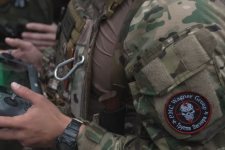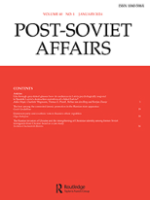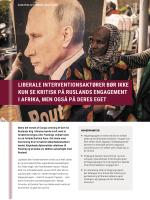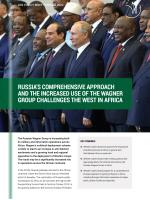How the Wagner Group became legal in Russian discourse

How could the Wagner Group, which is illegal in Russia, play such a large role in Russia’s war in Ukraine? This new article published in Post-Soviet Affairs analyses official discourse about private military companies (PMCs) in Russia for a period of 10 years and finds that the perception of PMCs has changed so that they are now mostly seen as legitimate actors, despite no legal changes have been made within this area during that time.
Mercenaries are illegal in Russia – but PMCs are unregulated. For a long time, PMCs were seen as mercenaries and therefore considered illegal. However, the discourse on PMCs – including the Wagner Group has changed, and the groups are not seen as mercenary groups anymore, quite the opposite – they are seen as a legitimate market actor, acting on a global capitalist market of security. And often compared to Western PMCs in this regard. This development can help explain how the Wagner Group was able to play such a large role in Russia’s was in Ukraine.
DIIS Experts




